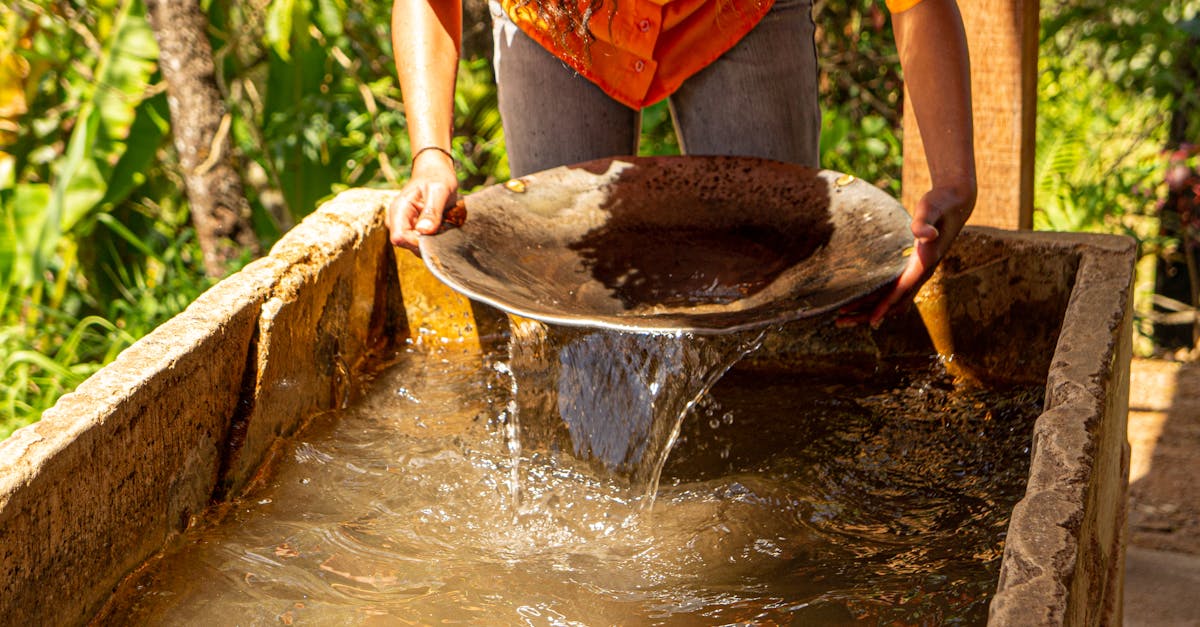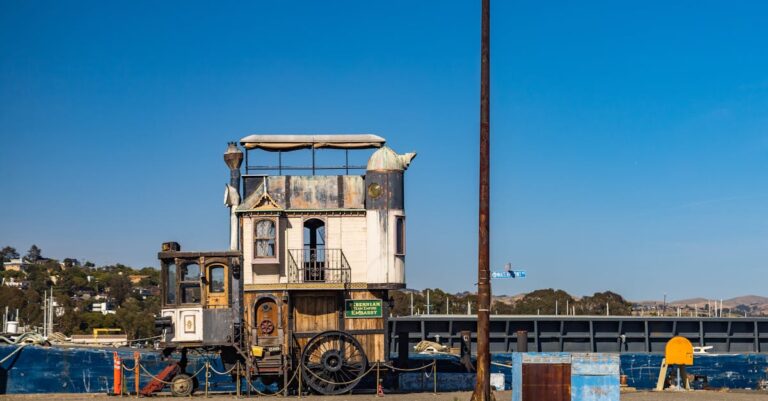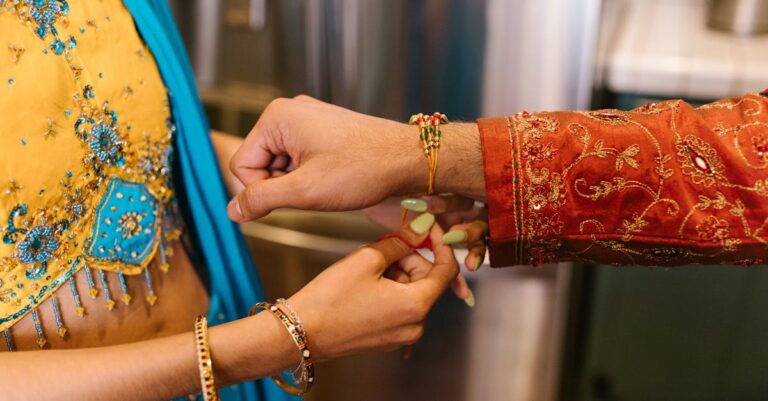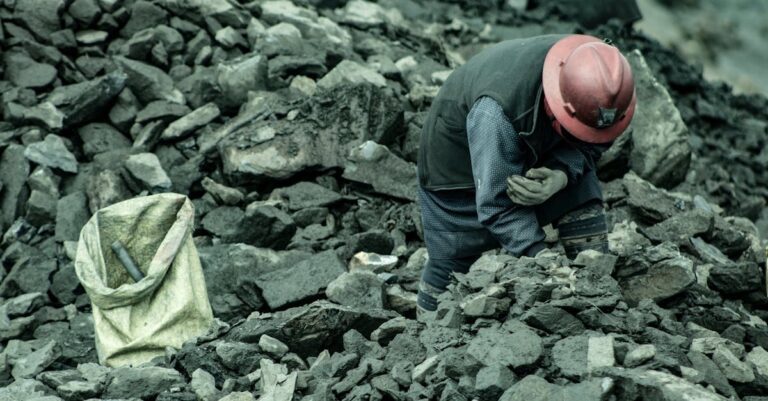
The salt air bit her cheeks as the *San Francisco* docked, its hull groaning under the weight of hopefuls and hucksters. Mary O’Leary clutched her satchel tighter, the leather worn thin from months of travel. The harbor reeked of fish and sweat, a symphony of shouts and the creak of masts. She’d left Dublin with nothing but a letter from her brother, a promise of work in the gold fields. Now, standing amid the chaos, she wondered if he’d lied.
The city was a beast of brick and ambition, its streets choked with men in frayed trousers and women like her, their faces etched with the same quiet resolve. Mary’s boots thudded against the cobblestones as she navigated the maze of tents and shanties, her eyes scanning for the laundry camp her brother had described. The air was thick with the tang of lye and the distant clang of hammers. When she found it, a row of canvas lean-tos backed by a river that shimmered like molten lead, she felt a flicker of hope.
“You’re late,” said a voice like gravel. A woman in her fifties stood at the edge of the camp, her apron stained with rust and soap. “Name?”
“Mary O’Leary. I’m here for the laundry.”
The woman snorted. “Aye, we all are. But not all of us survive the first week.” She gestured to a line of women hunched over washboards, their hands raw and red. “You’ll start at dawn. No complaints. No delays.”
Mary nodded, her throat tight. The work was backbreaking—soaking rags in vats of boiling water, scrubbing until her nails split, wringing out linens that reeked of sweat and whiskey. But the money was steady, and the camp’s cook, a grizzled Irishman named Finn, slipped her extra bread when no one was looking. Still, nights were the hardest. She’d lie on her straw pallet, listening to the city’s hum, wondering if her son in Dublin was safe, if her brother’s letter had been a cruel joke.
Then came the strike.
It began with a whisper: the laundry bosses had raised prices, cutting wages by half. By morning, the camp was a hive of fury. Women gathered in the mud, their voices rising like a storm. Mary watched, unsure, until she saw the older woman from the first day—Mrs. Doyle, the camp’s unofficial leader—raise a hand for silence.
“We’re not beasts,” Mrs. Doyle said, her voice steady. “We’ll not work for scraps.”
The crowd erupted. Mary felt the heat of their anger, the primal thrill of unity. When the bosses sent enforcers to break the strike, it was Mary who stood at the front, her washboard clutched like a weapon. The fight was brief but brutal—fists flew, voices screamed—and by nightfall, the bosses had relented. The wages were restored, the rules fairer.
But victory came with a price. The next morning, Mary found Mrs. Doyle’s body in the river, her neck broken. The camp went silent, the air heavy with grief and fear. Mary didn’t speak of what she’d seen—just a shadow in the mist, a hand reaching for the woman’s ankle. She buried her grief in work, but the strike had changed her. She no longer saw the camp as a prison but as a place of power.
Months later, when the city’s elite tried to evict the laundry workers, it was Mary who organized the protest. She stood on the steps of City Hall, her voice cutting through the crowd’s roar. “We built this city with our hands!” she shouted. “We’ll not be cast aside!” The strike lasted weeks, but in the end, the workers won. Mary became a legend—a woman who turned survival into defiance.
Years later, as she watched her daughter leave for college, Mary would remember the days of soap and struggle, the nights when hope was a fragile thing. She’d raised her child alone, taught her to fight, to speak, to never let anyone steal her voice. And though the city had changed, and the camp was long gone, Mary knew she’d left her mark—on the streets, the water, the very air that carried her story.


